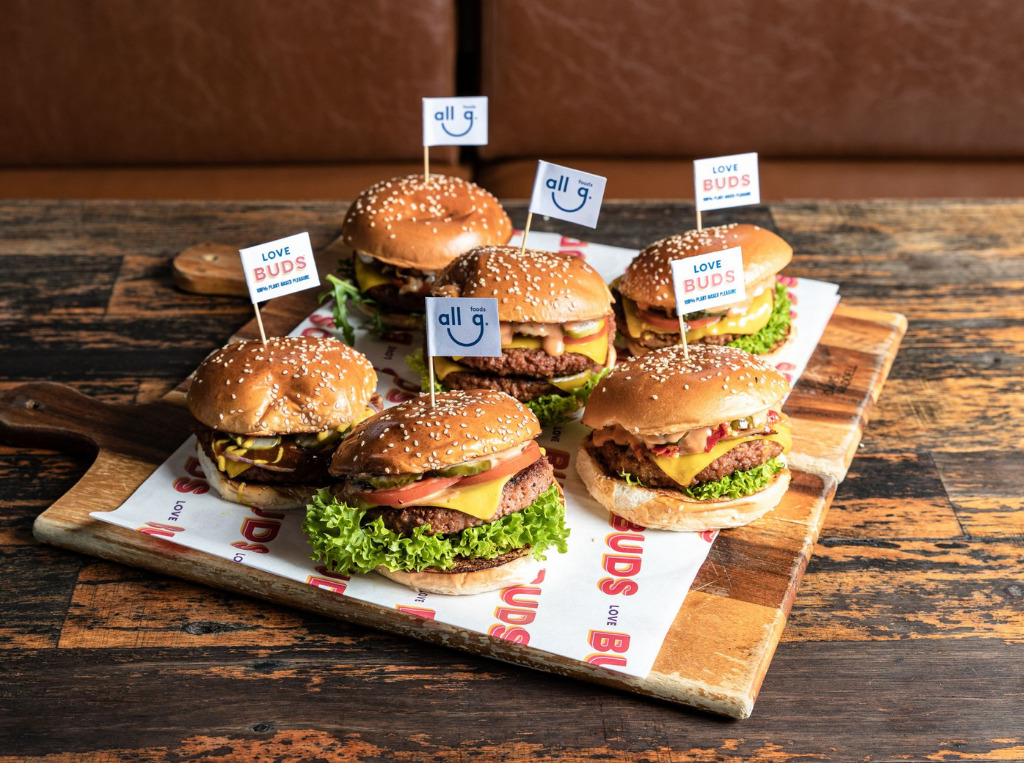Aussie Plant Based Co Acquired By Smart Foods A Week After Liquidation
3 Mins Read
The Aussie Plant Based Co has been acquired by Queensland-based Smart Foods, eight days after entering liquidation due to cashflow problems.
It was only three weeks ago that Queensland-based vEEF introduced a new lineup of carbon-neutral meat analogues that were cheaper than conventional meat.
This was the brand’s first new product launch since its parent company Fënn Foods acquired the Love Buds plant-based brand from All G Foods in October 2023, forming the Aussie Plant Based Co. “This union combines our strengths, enabling significant growth in both retail (vEEF) and foodservice (Love BUDS) sectors,” Alejandro Cancino, co-founder and CEO of vEEF, told Green Queen last month.
But last week, the Aussie Plant Based Co went into liquidation, after a general meeting of the board resulted in the decision to wind up the business. The company appointed insolvency firm Fort Restructuring’s Kenneth Whittingham and Mark Robinson as liquidators, who confirmed that the closure was an outcome of cashflow problems.
At the same time, they were in discussions with three interested buyers, and today, Gold Coast manufacturer Smart Foods confirmed that it has acquired the Aussie Plant Based Co’s equipment, stock, brand names, and IP, turning over a new leaf for the startup. It means Fënn Foods will now cease operations as an entity.
Aussie Plant Based Co finds buyer

“Our consolidated resources and shared expertise have positioned us for continued expansion,” Cancino said last month. “We remain committed to delivering top-quality plant-based products across both channels, leveraging our enhanced capabilities to meet growing consumer demand.”
He added: “This strategic alliance strengthens our market presence, allowing us to better serve our customers and drive innovation in the plant-based food industry.”
Now, the sale of its assets would allow half of the Aussie Plant Based Co’s 32 employees to be retained. “While the company has faced recent challenges, I believe in its strong foundation and the dedication of its team,” Raghu Reddy, CEO of Smart Foods, told Food & Drink Business.
He added: “By streamlining operations, fostering key partnerships, and focusing on innovation, we will solidify its position as a leader in the Australian plant-based market.”
Australia’s troubled plant-based meat sector

While wholesale demand for plant-based meat in Australian foodservice rose by 59% in 2023, retail sales dropped by 1% annually between 2020 and 2023. This has been compounded by a high price premium on most meat analogues, a combination of low volume sales and high margins for retailers.
This has left many companies in a bind. Do you keep prices high – which is already the second-largest consumption barrier for meat analogues – or do you risk lower margins? vEEF, for its part, cut its manufacturing costs through raw materials and a streamlined supply chain, while also increasing output through its production process, to offer a cost-competitive line of plant-based meats.
But meat analogues are yet to reach 65% of Australia’s population. And of those who have tried them, only 22% say they’d buy them again, signalling a gap in consumer liking, and an uphill battle for brands in the space.
“The retail sector grew very quickly before the pandemic and has suffered inevitable contractions, readjustments and corrections,” Simon Eassom, CEO of Sydney-based think tank Food Frontier, told Green Queen in May. “Whilst the leading brands have consolidated or grown their market share, other brands have contracted or disappeared, so the overall growth trajectory through the financial difficulties of the past few years has been relatively flat, but there are strong signs of recovery.”
This year alone, ProForm Foods, the company behind the Meet range of plant-based analogues, wound down after entering voluntary administration, while pea protein manufacturer Australian Plant Proteins is facing a similar fate. And in April, New Zealand’s Sunfed Meats also shuttered after nearly a decade in operation.



